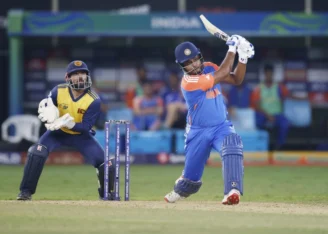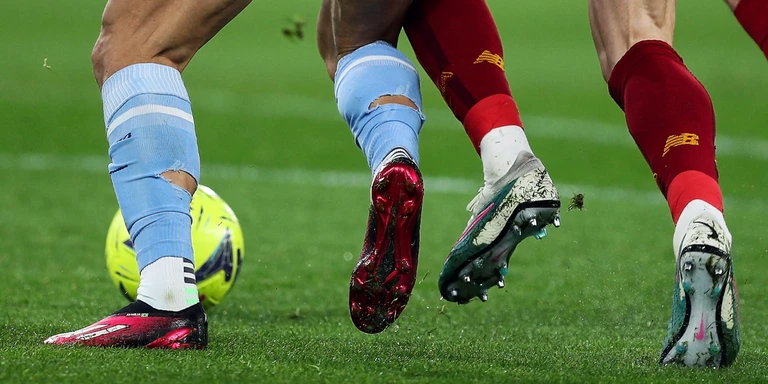Match fixing in sports: Match-fixing, doping and illegal gambling are among the biggest problems worldwide for sports. And the problem has been ever-present with sports bodies trying desperately to curb them. From government intervention to using technology, many options have been explored in this war against these practices which violate the statutes of fair play. Follow live updates on InsideSports.IN
One of the best known example of using technology to unearth a major scandal was the Calciopoli scandal. Uncovered in May 2006 by Italian police, the scandal implicated league champions Juventus, and other major teams including Milan, Fiorentina and Lazio.
Match fixing in sports: Spying & use of technology to stop illegal activities in sports
Telephone calls were intercepted which showed examples of collusion between team managers and referee organisations. Juventus were the champions of Serie A at the time. The teams were accused of rigging games by selecting favourable referees.
Juventus was relegated to Serie B and forced to start the next season with a 30-point deduction. Lazio and Fiorentina were also sent down to Serie B, where they too entered the next championship with ‘minus’ points against their name.
Milan avoided enforced relegation but were stripped of 44 points from the 2006 season, dropping them out of contention for a place in the elite European competitions like the Champions League and the UEFA Cup.
The developers of the most popular soccer app in Spain, La Liga, pushed an update that asked permission to access a smartphone’s mic and GPS settings. It then used that permission to listen for unlicensed broadcasts of games in public spaces. La Liga says any audio that gets captured is converted into binary code, which it then matches up against a control code to see if you’re watching something no one paid for. This is bad! No matter how they mask the actual audio they’re grabbing, it’s still a significant privacy violation—hard to imagine many people granted mic permission with the expectation it’d be used like this—and a risk, depending on how securely they capture and store the audio. An own goal, indeed.
Now, In India a bill which seeks to provide statutory framework for the functioning of the National Anti-Doping Agency (NADA), empowering it to conduct raids besides strengthening measures to tackle drug abuse in Indian sports was introduced in the Lok Sabha on Friday.
It is intended to provide a “statutory framework for the operation of the National Anti-Doping Agency (NADA), the National Dope Testing Laboratory (NDTL) and other dope testing laboratories and for creation of a National Board for Anti-Doping in Sports to strengthen anti-doping activities in sport.”
Match fixing in sports: Spying & use of technology to stop illegal activities in sports
The bill seeks to give NADA powers of “investigation, levying sanctions for Anti-Doping Rule Violations, the disciplinary procedures to be adopted and the powers of inspection, sample collection and sharing and free flow of information.”
Earlier, NADA had no authority to conduct raids and its anti-doping appeal panel has held the same. Many former sportspersons, head of National Sports Federations and experts have been calling for an anti-doping legislation to give more teeth to the existing rules made under the WADA Anti-Doping Code.
Editor's Pick
 Cricket
Predicted India playing XI for IND vs SA 5th T20I: Sanju Samson to replace Shubman Gill, no Bumrah?
Cricket
Predicted India playing XI for IND vs SA 5th T20I: Sanju Samson to replace Shubman Gill, no Bumrah?
















































